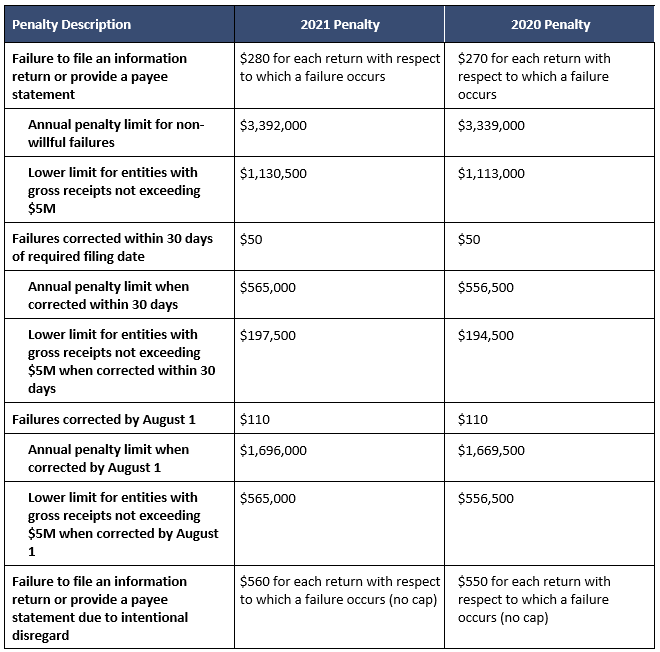On November 6, 2019, the Internal Revenue Service (IRS) released Revenue Procedure 2019-44, which raises the health Flexible Spending Account (FSA) salary reduction contribution limit by $50 to $2,750 for plan years beginning in 2020. The Revenue Procedure also contains the cost-of-living adjustments that apply to dollar limitations in certain sections of the Internal Revenue Code.
Qualified Commuter Parking and Mass Transit Pass Monthly Limit Increase
For 2020, the monthly limits for qualified parking and mass transit are $270 each (up $5 from 2019).
Adoption Assistance Tax Credit Increase
For 2020, the credit allowed for adoption of a child is $14,300 (up $220 from 2019). The credit begins to phase out for taxpayers with modified adjusted gross income in excess of $214,520 (up $3,360 from 2019) and is completely phased out for taxpayers with modified adjusted gross income of $254,520 or more (up $3,360 from 2019).
Qualified Small Employer Health Reimbursement Arrangement (QSEHRA) Increase
For 2020, reimbursements under a QSEHRA cannot exceed $5,250 (single) / $10,600 (family), an increase of $100 (single) / $150 (family) from 2019.
Reminder: 2020 HSA Contribution Limits and HDHP Deductible and Out-of-Pocket Limits
Earlier this year, the IRS announced the inflation-adjusted amounts for HSAs and high deductible health plans (HDHPs).

The ACA’s out-of-pocket limits for in-network essential health benefits have also increased for 2020. Note that all non-grandfathered group health plans must contain an embedded individual out-of-pocket limit within family coverage if the family out-of-pocket limit is above $8,150 (2020 plan years). Exceptions to the ACA’s out-of-pocket limit rule are also available for certain small group plans eligible for transition relief (referred to as “Grandmothered” plans). Unless extended, relief for Grandmothered plans ends December 31, 2020.

ACA Reporting Penalties (Forms 1094-B, 1095-B, 1094-C, 1095-C)
The table below describes penalties related to returns filed in the applicable year (e.g., the 2020 penalty is for returns filed in 2020 for calendar year 2019). Note that failure to issue a Form 1095-C when required may result in two penalties, as the IRS and the employee are each entitled to receive a copy (increased for willful failures, with no cap on the penalty).

About the Author. This alert was prepared by Stacy Barrow. Mr. Barrow is a nationally recognized expert on the Affordable Care Act. His firm, Marathas Barrow Weatherhead Lent LLP, is a premier employee benefits, executive compensation, and employment law firm. He can be reached at sbarrow@marbarlaw.com.
This email is a service to our clients and friends. It is designed only to give general information on the developments actually covered. It is not intended to be a comprehensive summary of recent developments in the law, treat exhaustively the subjects covered, provide legal advice, or render a legal opinion.
Benefit Advisors Network and its members are not attorneys and are not responsible for any legal advice. To fully understand how this or any legal or compliance information affects your unique situation, you should check with a qualified attorney.
© Copyright 2019 Benefit Advisors Network. All rights reserved.